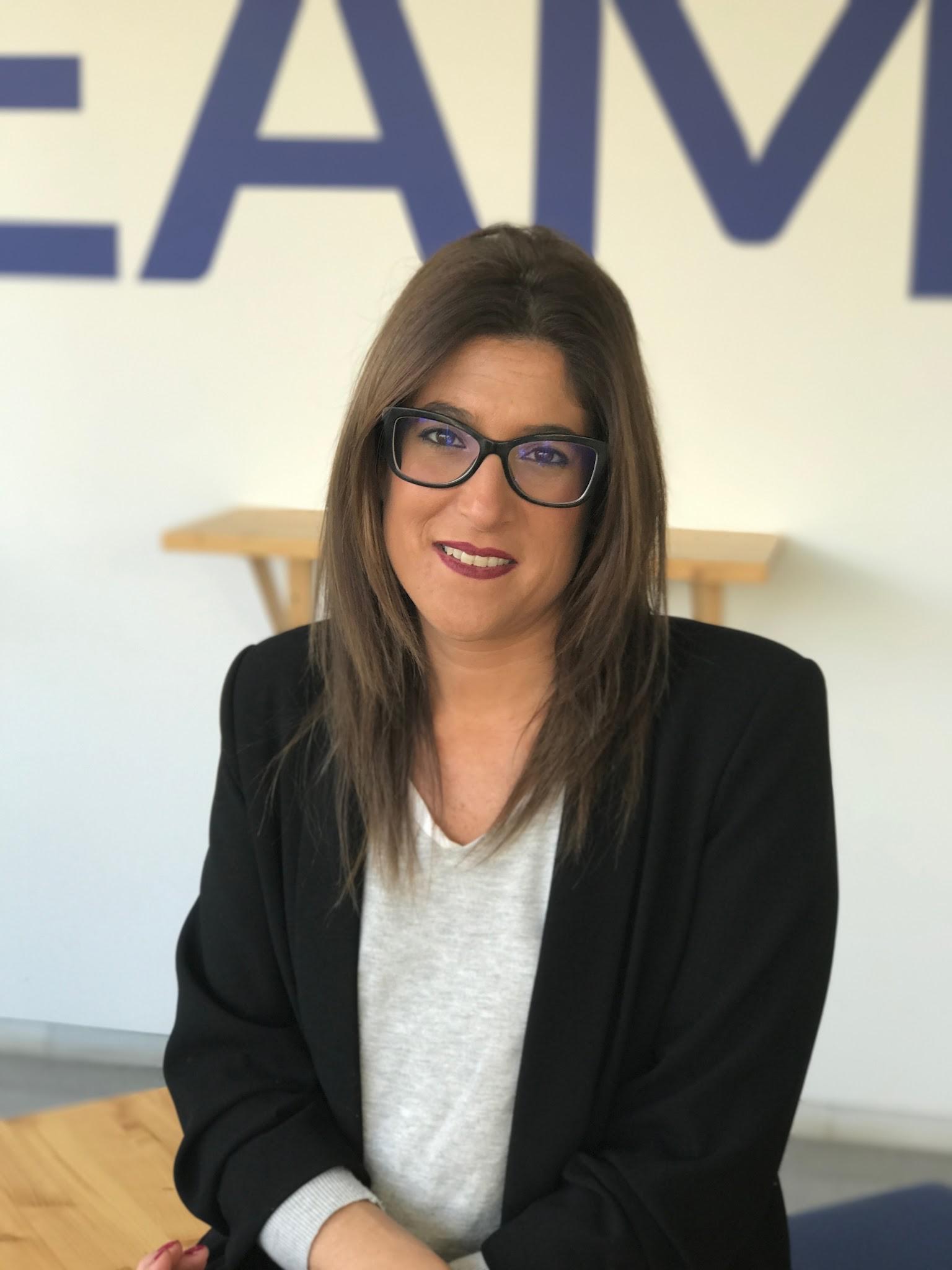Blanca Díaz: "I want to provide sustainable solutions in the business and social field"
Blanca Díaz, PhD student of the Residue and Resources Management Research line of the UNESCO Chair in Life Cycle and Climate Change ESCI-UPF, begins a new professional stage, leaving behind two years in which “the Chair has represented an important stage of acquiring new knowledge”, says the researcher. Now, her next challenge is just around the corner: start a spin-off with the aim of reducing the amount of food that is currently wasted.
We move to the beginning. Tell us how was your arrival at the Chair...
The Director of the Chair, Pere Fullana, offered me to join the ARIADNA project, which analyses the environmental, social and economic sustainability of the implementation of a mandatory Deposit and Return System (DRS—in Spanish SDDR) in Catalonia and Spain; as well as the possibility to begin the doctorate based on the project, in parallel. At that time, I was in Ireland working in waste management, in the field of consulting business and the Chair was presented as an opportunity to enter the academy.
Two words to define these two years:
Perseverance and enthusiasm. In the Chair the projects are long, specific and you get to the detail, so perseverance is essential since one must be constant and have patience, especially in the collection of data. Also, the enthusiasm of working on something that fills you is essential and has been what has made me get here.
What landmark or experience would you outline?
After all the work that ARIADNA represented, the day of the presentation of the project, on April 26 of 2017, was an important date. We really wanted to share the results with the people who were interested and who had collaborated in the project. The Sardinia Symposium was also an outstanding milestone: we showed the international community what we had achieved.
In what way the work in the Chair has contributed to your formation?
It has allowed me to adapt to a new sector, changing the consultancy, in which I have developed most of my professional life, for the tranquillity of the academic and research field. It has been a very important stage of acquiring new knowledge, which has allowed me to observe the current deficiencies of the system with a more critical and broad vision, as well as identifying the points on which to implement certain improvements. Now I’m changing course, I am heading towards the business world and it is possible that the daily routine would consume me a lot of time and I won’t be investing it so much in the technical development. Having time to deepen and, of course, the team will be what I will most miss.
Transition: from the academy to the company
Which is your current motivation?
To involve society in the importance of the circular economy. This is an economic concept that interrelates with sustainability and that aims to keep products, materials and resources in the economy for as long as possible, and to minimize the generation of waste. I want to show people that adapting our businesses and companies to these types of concepts can achieve many advantages, at all levels.
And how will you get it?
My new project consists in the creation of the spin-off “Gastro loop” in Málaga, my hometown, focused on the management of food waste, an area in which many remains to be done in terms of recycling. Taking into account the value chain - from production to the final consumer - it is necessary to analyse what each of the actors can do to reduce the surplus and the waste produced. And, in the other hand, I want to create bridges or synergies between the places where the food surplus is produced (companies, restaurants, supermarkets, etc.) and the associations that work with people who do not have access to this food.
What do you need to create a spin-off?
In the world of social entrepreneurship there are many platforms that guide you in the execution of the viability plan, the business plan, and the specific training, and from the beginning, I have been in contact with them. Now, it's time to develop the communication platforms and resources, as well as attract the first customers and start from a smaller scale to develop the final idea in phases.
Why do you decide to undertake the transition from academia to business?
The project arose because of my current “why” seeks to provide real solutions in the business and social sphere, as well as to transmit this knowledge and put it into practice. The Chair has been the perfect complement to my first stage focused on consulting, which now allows me to merge the two experiences and undertake a new project.
In these moments, the world needs an immediate implementation of the circular economy and for this it is necessary to empower the citizen with that knowledge.
Transition also of surroundings... from Barcelona to Málaga, why?
I decide to return to Málaga to apply my knowledge to the environment in which I was trained as a waste management professional and generate new opportunities in the city. For a matter of responsibility and commitment to my home town.

Blanca Díaz, PhD student of the Residues and Resources Management Research line of the UNESCO Chair in Life Cycle and Climate Change ESCI-UPF.
